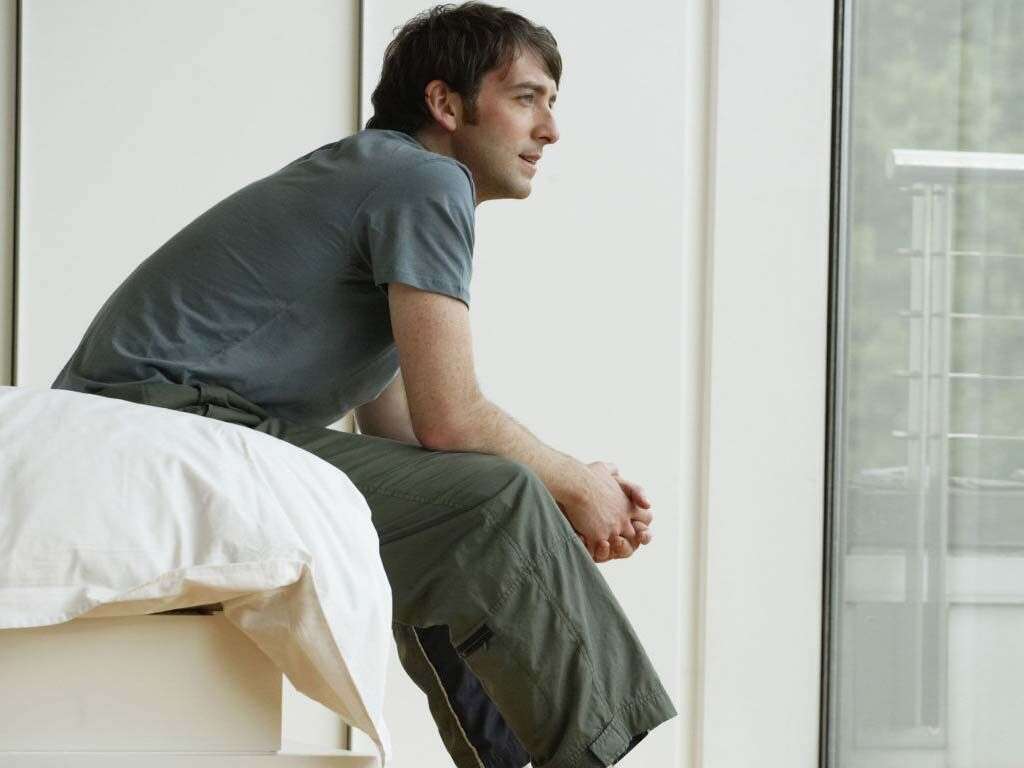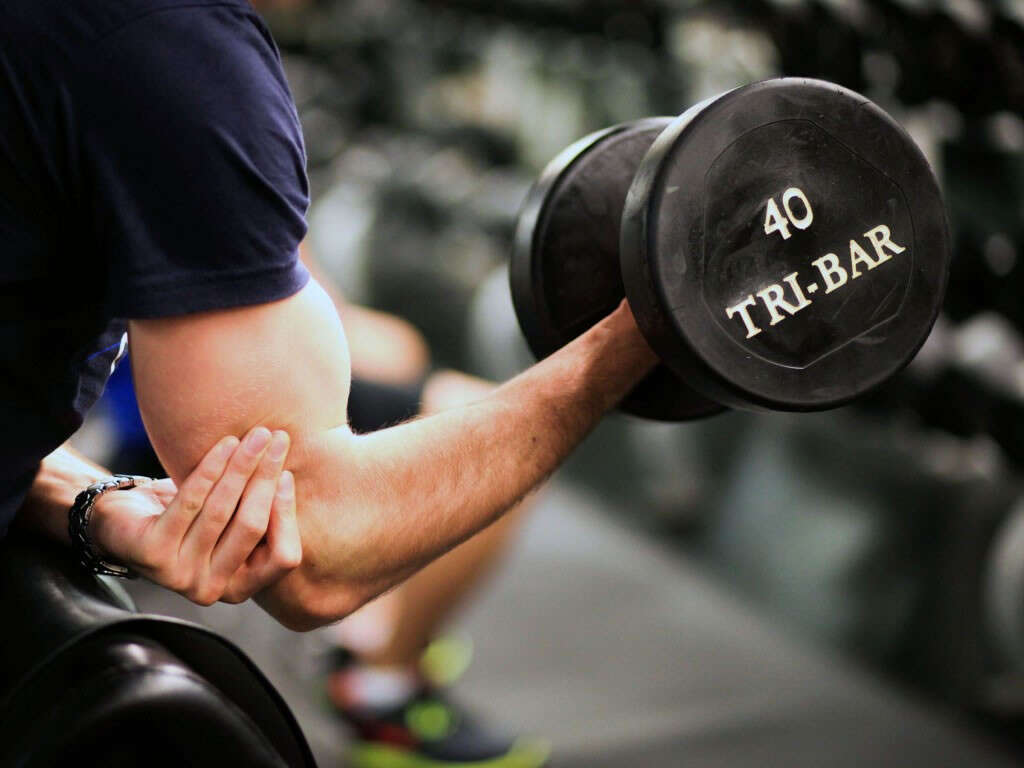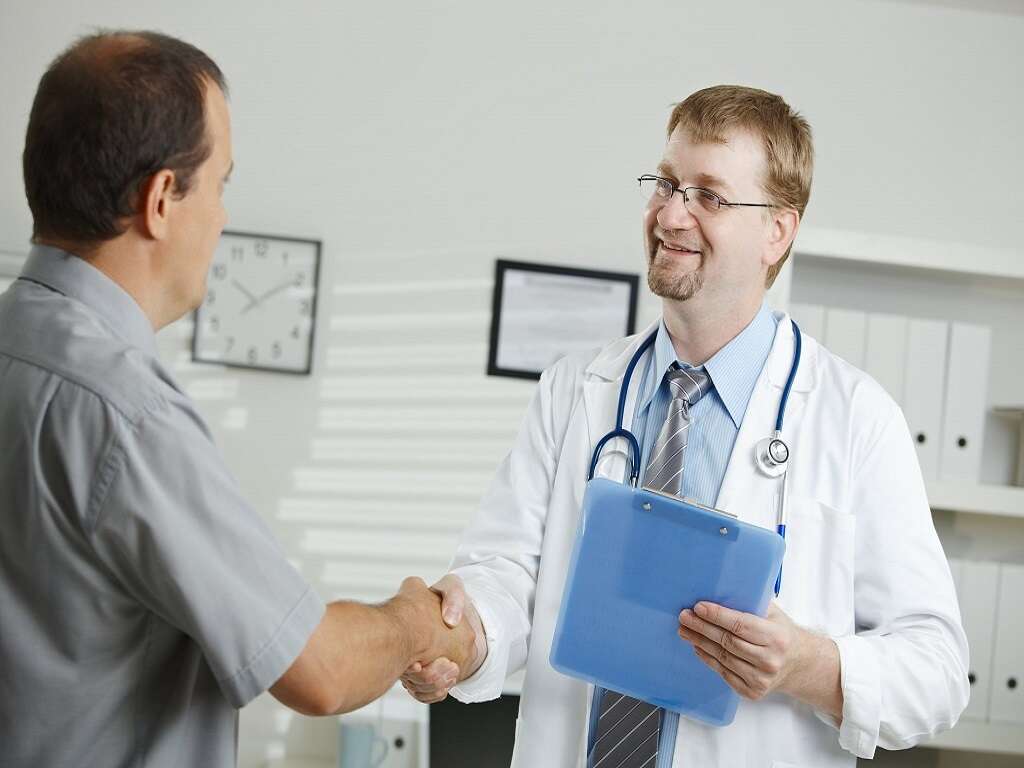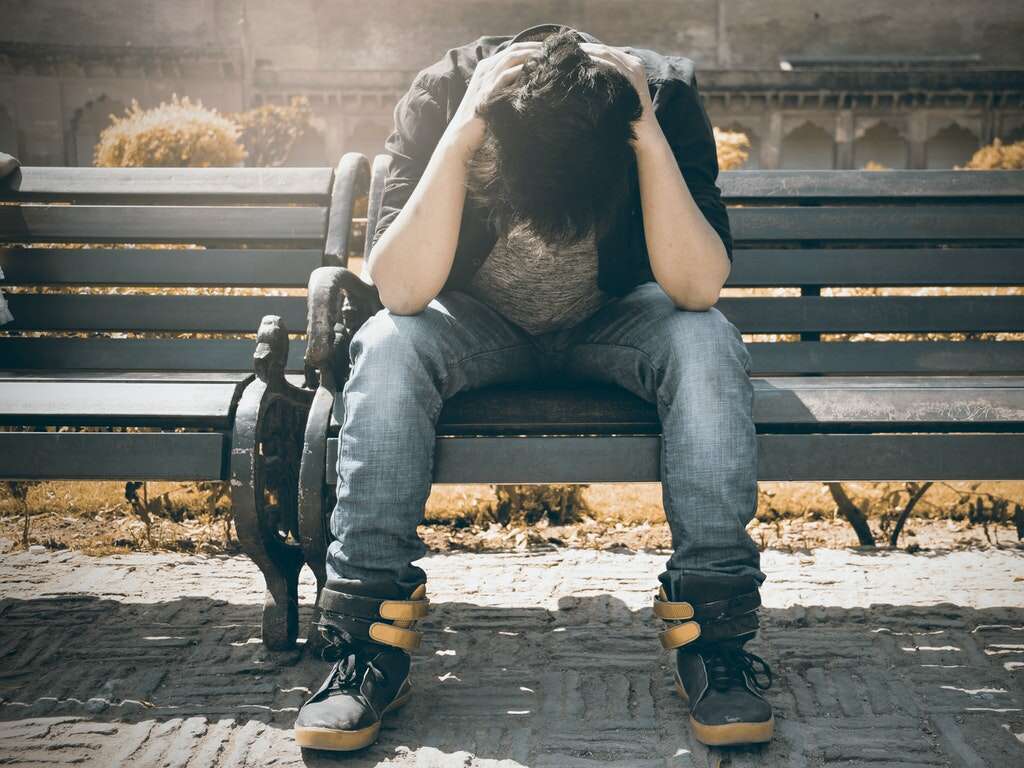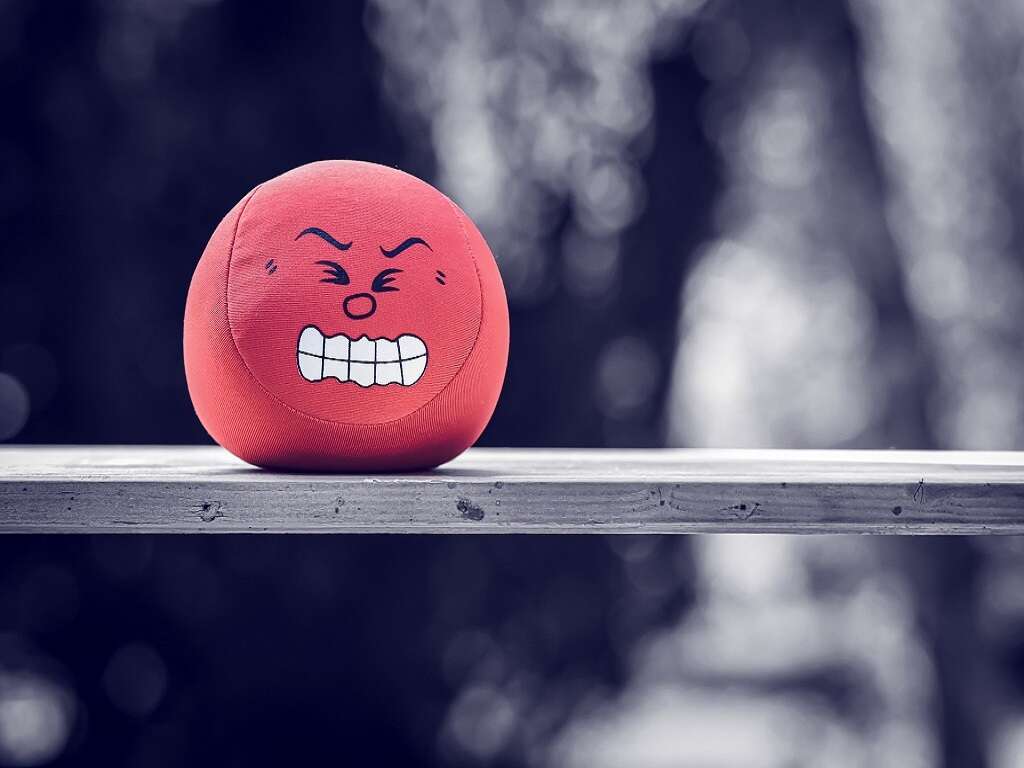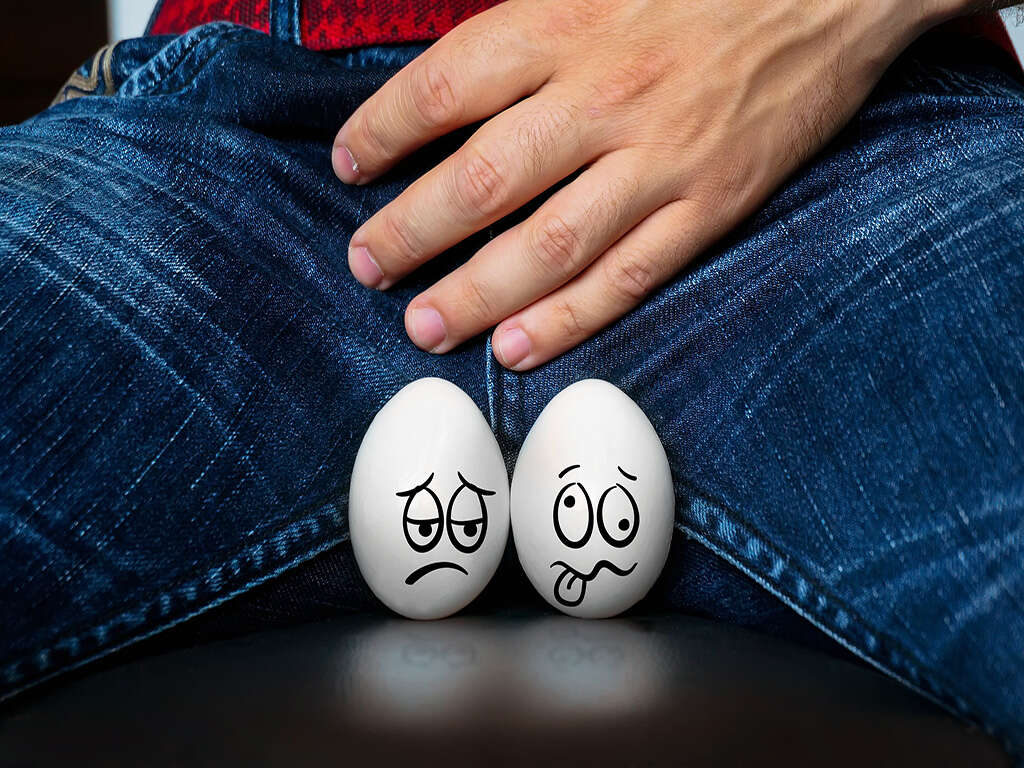10 Testicle Pain Symptoms
 Article Sources
Article Sources
- 1. 'Chronic Testicular Pain - StatPearls - NCBI Bookshelf.' National Center for Biotechnology Information, 14 Feb. 2021, www.ncbi.nlm.nih.gov/books/NBK482481/#article-40728.s5
- 2. 'What is Epididymitis?' Urology Care Foundation, www.urologyhealth.org/urology-a-z/e/epididymitis-and-orchitis
- 3. 'Inguinal Hernia - Symptoms and Causes.' Mayo Clinic, 26 Feb. 2019, www.mayoclinic.org/diseases-conditions/inguinal-hernia/symptoms-causes/syc-20351547
- 4. 'National Overview - Sexually Transmitted Disease Surveillance, 2019.' Centers for Disease Control and Prevention, 19 Apr. 2021, www.cdc.gov/std/statistics/2019/overview.htm
- 5. 'Spermatocele - Symptoms and Causes.' Mayo Clinic, 18 Mar. 2020, www.mayoclinic.org/diseases-conditions/spermatocele/symptoms-causes/syc-20377829
- 6. 'Varicocele - Symptoms and Causes.' Mayo Clinic, 16 Jan. 2020, www.mayoclinic.org/diseases-conditions/varicocele/symptoms-causes/syc-20378771
- 7. 'What You Need to Know About Prostatitis.' Urology Care Foundation, www.urologyhealth.org/healthy-living/care-blog/2019/what-you-need-to-know-about-prostatitis
- 8. Benign Prostatic Hyperplasia (BPH).' Urology Care Foundation, www.urologyhealth.org/urology-a-z/b/benign-prostatic-hyperplasia-(bph)
- 9. 'Kidney Stones.' National Institute of Diabetes and Digestive and Kidney Diseases, 1 May 2017, www.niddk.nih.gov/health-information/urologic-diseases/kidney-stones
- 10. Testicular Cancer Screening (PDQ®)–Patient Version. National Cancer Institute, 12 June 2019, www.cancer.gov/types/testicular/patient/testicular-screening-pdq
Males have a very close relationship with their boys and might flinch from just reading these symptoms. However, this information can be extremely helpful when testicular pain strikes out of the blue.
Testicular pain can be self-limiting to many activities and can also be an indicator of more serious conditions that require a visit to a primary care physician or urologist. A skilled doctor can help determine the cause of the pain and the methods that may be useful to manage this complex and vulnerable area of the male body.

Swelling of Testicles
Testicular swelling is the most common symptom associated with testicle pain. Swelling usually occurs in one testicle. It's less common for both testicles to swell at the same time. Common causes include infections in the scrotum, urethra, bladder, kidney or prostate.1‘Chronic Testicular Pain - StatPearls - NCBI Bookshelf.’ National Center for Biotechnology Information, 14 Feb. 2021, www.ncbi.nlm.nih.gov/books/NBK482481/#article-40728.s5
This symptom requires a visit to a primary care physician to determine the cause of the swelling. If swelling occurs suddenly and the pain is severe, it could be due to torsion (twisting) of the testicle, which cuts off the blood supply. This is an emergency situation and could require surgery to save or remove the affected testicle.1‘Chronic Testicular Pain - StatPearls - NCBI Bookshelf.’ National Center for Biotechnology Information, 14 Feb. 2021, www.ncbi.nlm.nih.gov/books/NBK482481/#article-40728.s5

Pain During Urination
Infection of the urethra, bladder or prostate may cause referred pain in the testicles, particularly when urinating. This is a common occurrence when a urinary tract infection is present.
Blood in the urine is an indication of infection, kidney or bladder stones. The blood may be microscopic (invisible to the naked eye), so it's important to have a urinalysis test performed by a clinician to confirm a UTI infection. The urinalysis also looks for crystals from kidney or bladder stones.1‘Chronic Testicular Pain - StatPearls - NCBI Bookshelf.’ National Center for Biotechnology Information, 14 Feb. 2021, www.ncbi.nlm.nih.gov/books/NBK482481/#article-40728.s5
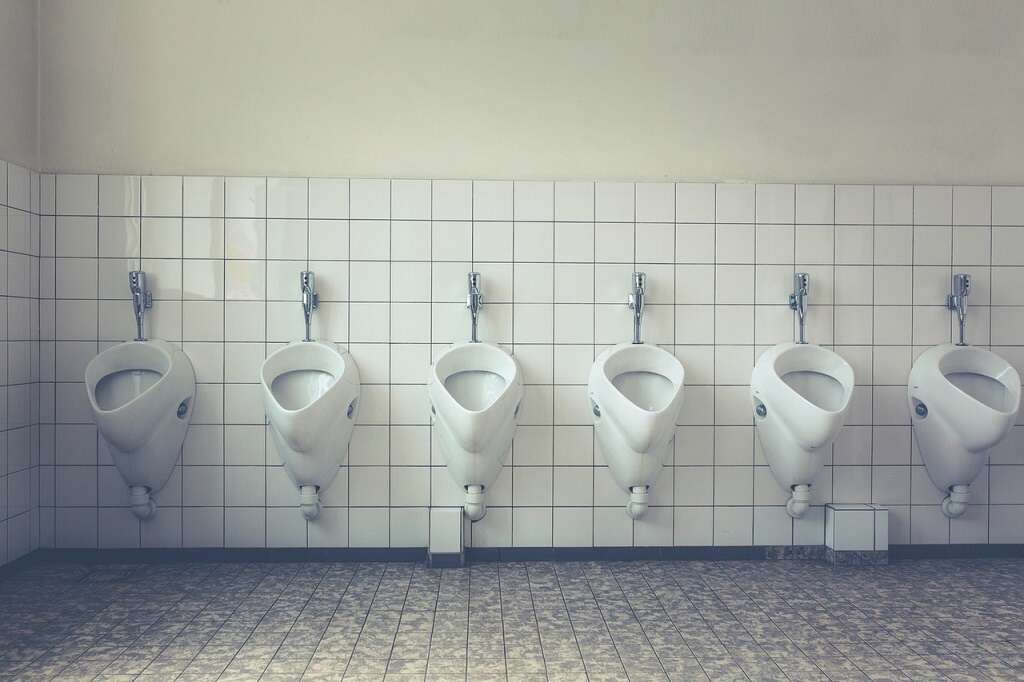
Testicular Tenderness
Another symptom of testicle pain involves tenderness to the touch. Males are used to having to adjust for movement, but when pain causes tenderness, the slightest touch may bring about feelings of nausea.
It's normal to experience tenderness after surgical procedures, such as a vasectomy. Sports injuries may also cause tenderness in that area, which is why protective cups are worn to cover the testicular area. Tenderness of the testicles may be a precursor to an illness, so it's important to monitor this symptom.2‘What is Epididymitis?’ Urology Care Foundation, www.urologyhealth.org/urology-a-z/e/epididymitis-and-orchitis

Inguinal Hernia
An inguinal hernia is the result of displaced tissues coming through a tear in the abdominal muscles. This injury may occur from overexertion, straining while using the bathroom or preexisting weaknesses in the abdominal muscles.3‘Inguinal Hernia - Symptoms and Causes.’ Mayo Clinic, 26 Feb. 2019, www.mayoclinic.org/diseases-conditions/inguinal-hernia/symptoms-causes/syc-20351547
One of the common tests for inguinal hernia in males is a manual examination and manipulation of the testicles. The doctor examines the testicles by asking the patient to stand and cough while manually checking for bulges in the groin area.3‘Inguinal Hernia - Symptoms and Causes.’ Mayo Clinic, 26 Feb. 2019, www.mayoclinic.org/diseases-conditions/inguinal-hernia/symptoms-causes/syc-20351547
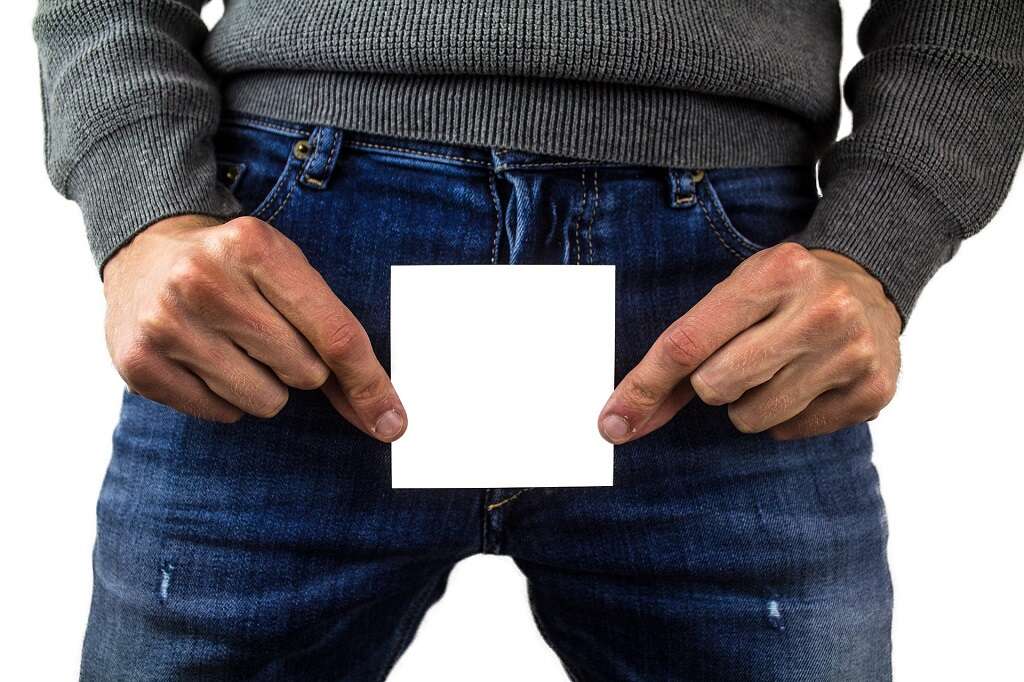
Sexually Transmitted Infections (STIs)
According to the CDC, from 2015 to 2019, there was an increase of over 32 percent in the number of cases reported in males.4‘National Overview - Sexually Transmitted Disease Surveillance, 2019.’ Centers for Disease Control and Prevention, 19 Apr. 2021, www.cdc.gov/std/statistics/2019/overview.htm The infection starts in the penis, but the testicles may also be affected.
Chlamydia and gonorrhea are the main culprits in males, but syphilis is also on the rise. Antibiotics are the first line of defense for bacterial STIs, but if the patient goes untreated, the disease continues to spread.4‘National Overview - Sexually Transmitted Disease Surveillance, 2019.’ Centers for Disease Control and Prevention, 19 Apr. 2021, www.cdc.gov/std/statistics/2019/overview.htm

Spermatoceles and Varicoceles
The testicles are comprised of a complex system of tubules and loops, which exist to create and transport sperm. Spermatoceles are painful cysts caused by blockages in the epididymis, which causes the testicle to swell.5‘Spermatocele - Symptoms and Causes.’ Mayo Clinic, 18 Mar. 2020, www.mayoclinic.org/diseases-conditions/spermatocele/symptoms-causes/syc-20377829
Varicoceles involve painful swelling of the veins inside the scrotum (testicular sac). This condition usually develops over time and may cause the scrotum to swell, putting pressure on the testicles, which may impair fertility. Many cases of varicoceles and spermatoceles don't require treatment, but surgery may be necessary.6‘Varicocele - Symptoms and Causes.’ Mayo Clinic, 16 Jan. 2020, www.mayoclinic.org/diseases-conditions/varicocele/symptoms-causes/syc-20378771
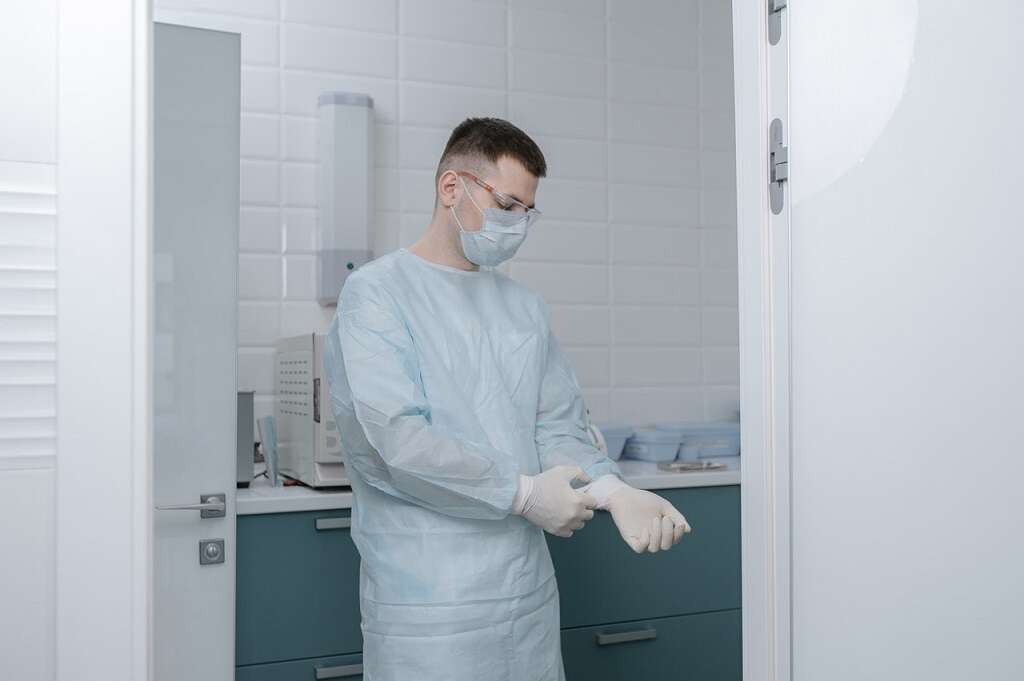
Problematic Prostate
The prostate gland is responsible for the fluid that transports sperm. When the prostate is inflamed (prostatitis) either from infection or injury, swelling and inflammation may cause pain in the testicular area. This condition may be confirmed by a doctor and infections are treated with antibiotics.7‘What You Need to Know About Prostatitis.’ Urology Care Foundation, www.urologyhealth.org/healthy-living/care-blog/2019/what-you-need-to-know-about-prostatitis
Benign prostatic hyperplasia (BPH) is a common condition among older males. The prostate gland grows rapidly, causing pressure on the bladder and urethra, giving the sensation of needing to urinate but being unable to do so.8Benign Prostatic Hyperplasia (BPH).’ Urology Care Foundation, www.urologyhealth.org/urology-a-z/b/benign-prostatic-hyperplasia-(bph)

Kidney and Bladder Stones
For males, the urethra is located inside the penis and transports both semen and urine. Having a somewhat direct connection to the rest of the urinary system makes the urethra the end stop for kidney and bladder stones.
Kidney and bladder stones are comprised of mineral deposits from the urine and may range in size from a tiny granule to a pearl, with smooth or barbed surfaces.9‘Kidney Stones.’ National Institute of Diabetes and Digestive and Kidney Diseases, 1 May 2017, www.niddk.nih.gov/health-information/urologic-diseases/kidney-stones Passing stones through the urethra is very painful and may extend into the entire testicular area.9‘Kidney Stones.’ National Institute of Diabetes and Digestive and Kidney Diseases, 1 May 2017, www.niddk.nih.gov/health-information/urologic-diseases/kidney-stones
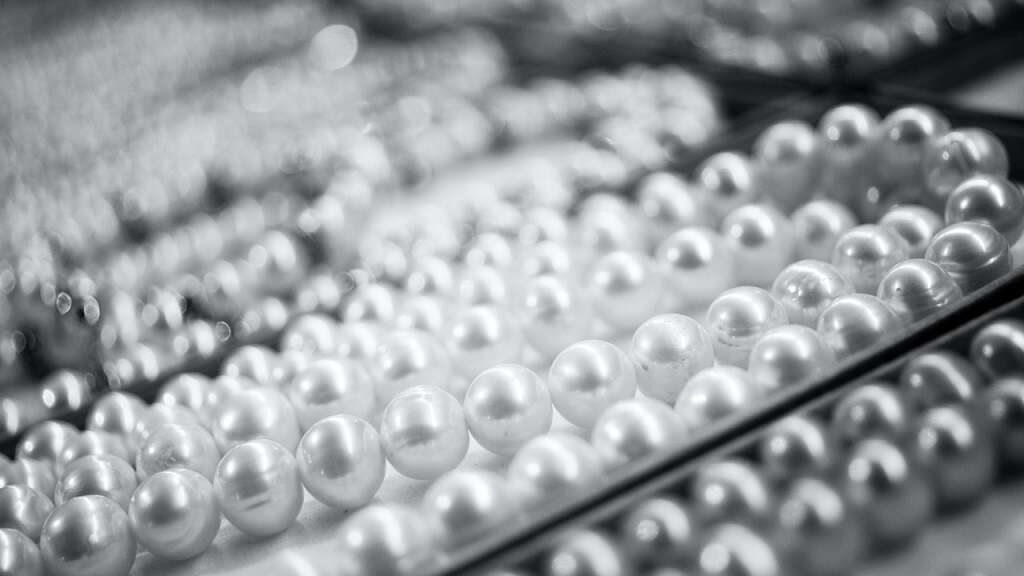
Testicular Cancer
Males with testicles are all at risk of developing testicular cancer. However, the predominant age for this condition ranges from 15 to 35 years. It's important for any swelling, lump or mass to be examined by a physician, who can order specific lab and imaging tests to confirm a diagnosis of testicular cancer.10Testicular Cancer Screening (PDQ®)–Patient Version. National Cancer Institute, 12 June 2019, www.cancer.gov/types/testicular/patient/testicular-screening-pdq
Even with higher reported rates of testicular cancer, it's rarely fatal and has good survival rates due to therapeutic advances. Early detection is key to a good outcome.10Testicular Cancer Screening (PDQ®)–Patient Version. National Cancer Institute, 12 June 2019, www.cancer.gov/types/testicular/patient/testicular-screening-pdq
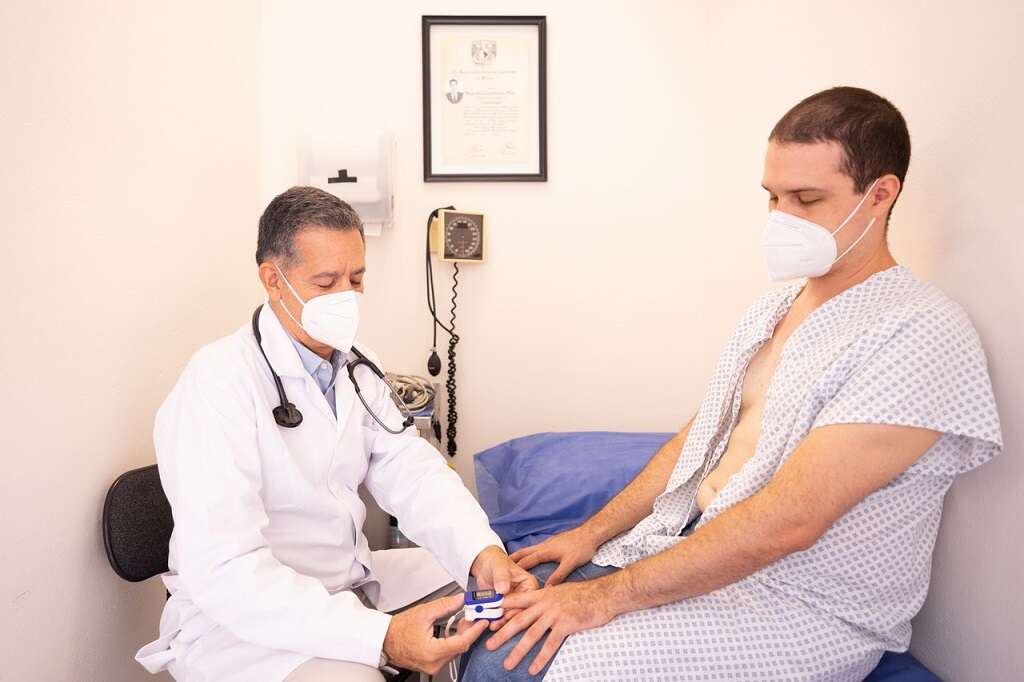
50 Shades of Blue
Although the medical research on this condition is scarce, there is a technical term for it: epididymal hypertension. Most males know this condition as blue balls. During sexual arousal, blood flow to the penis and testicles increases, causing a temporary change in the coloration of the sexual organs.
The stimulation of nerves and increased blood flow may cause the area to become tender and painful, particularly if arousal doesn't lead to ejaculation.



